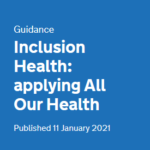 The National Orthopaedic Alliance is running a series of webinars:
The National Orthopaedic Alliance is running a series of webinars:
4 March 2021 – 12:30pm
NOA wellbeing webinar series: Supporting staff wellbeing during COVID-19 and beyond
(NOA member only event)
The first in NOA’s wellbeing webinar series looks at some of the challenges of and improvements to staff wellbeing during the pandemic at NOA member trusts. The session will be chaired by NOA Lead CEO, Jo Williams (Chief Executive, Royal Orthopaedic Hospital NHS FT). Further details about this NOA member only event: click here.…
Read more of this article

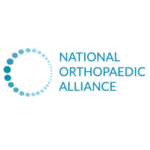
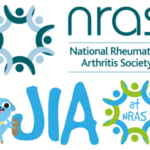
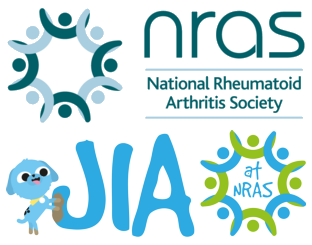 Join NRAS for their first JIA Zoom event: Coping with JIA during COVID-19.
Join NRAS for their first JIA Zoom event: Coping with JIA during COVID-19. 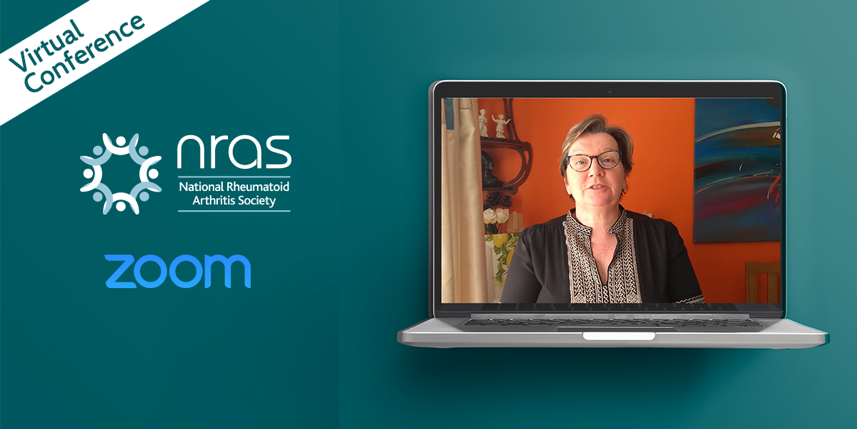 In April, loin NRAS for a Zoom event for young people living with JIA:
In April, loin NRAS for a Zoom event for young people living with JIA: 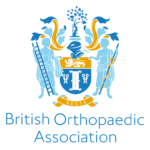
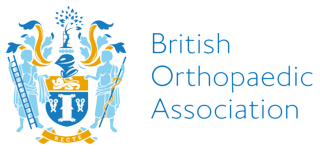


 See Talia’s story in the BBC article, 15 January 2021:
See Talia’s story in the BBC article, 15 January 2021: 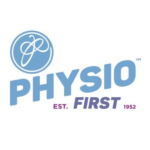
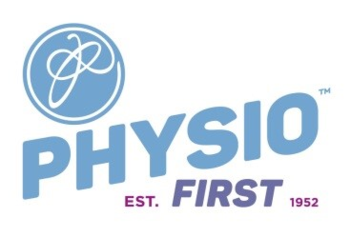 We are delighted to welcome a new ARMA member, Physio First.
We are delighted to welcome a new ARMA member, Physio First.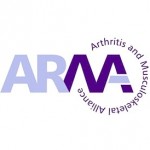
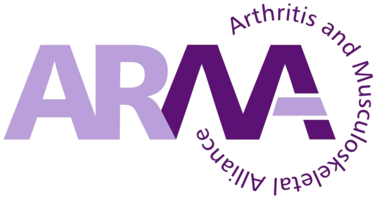 ARMA continues to keep our COVID-19 resources page up to date. There have been some new resources added in recent weeks and others have become more relevant as the pressure on the NHS increases. Here are some of the key resources to be aware of:-
ARMA continues to keep our COVID-19 resources page up to date. There have been some new resources added in recent weeks and others have become more relevant as the pressure on the NHS increases. Here are some of the key resources to be aware of:-
 by Sue Brown, CEO ARMA
by Sue Brown, CEO ARMA 
 by Clare Jacklin, Chief Executive, National Rheumatoid Arthritis Society (NRAS)
by Clare Jacklin, Chief Executive, National Rheumatoid Arthritis Society (NRAS) 
 The Office for National Statistics is consulting on a new measure for health in England, recognising that the nation’s health is an asset – as important to the economy and wider society as it is to the individual. The proposed health index not only measures how healthy people are today but also looks at the wider social and economic circumstances that will influence our – and the next generation’s – ability to live healthy lives in the future. Tracking these indicators over time provides the opportunity to finally look beyond GDP as a sole measure of national success.…
The Office for National Statistics is consulting on a new measure for health in England, recognising that the nation’s health is an asset – as important to the economy and wider society as it is to the individual. The proposed health index not only measures how healthy people are today but also looks at the wider social and economic circumstances that will influence our – and the next generation’s – ability to live healthy lives in the future. Tracking these indicators over time provides the opportunity to finally look beyond GDP as a sole measure of national success.… 